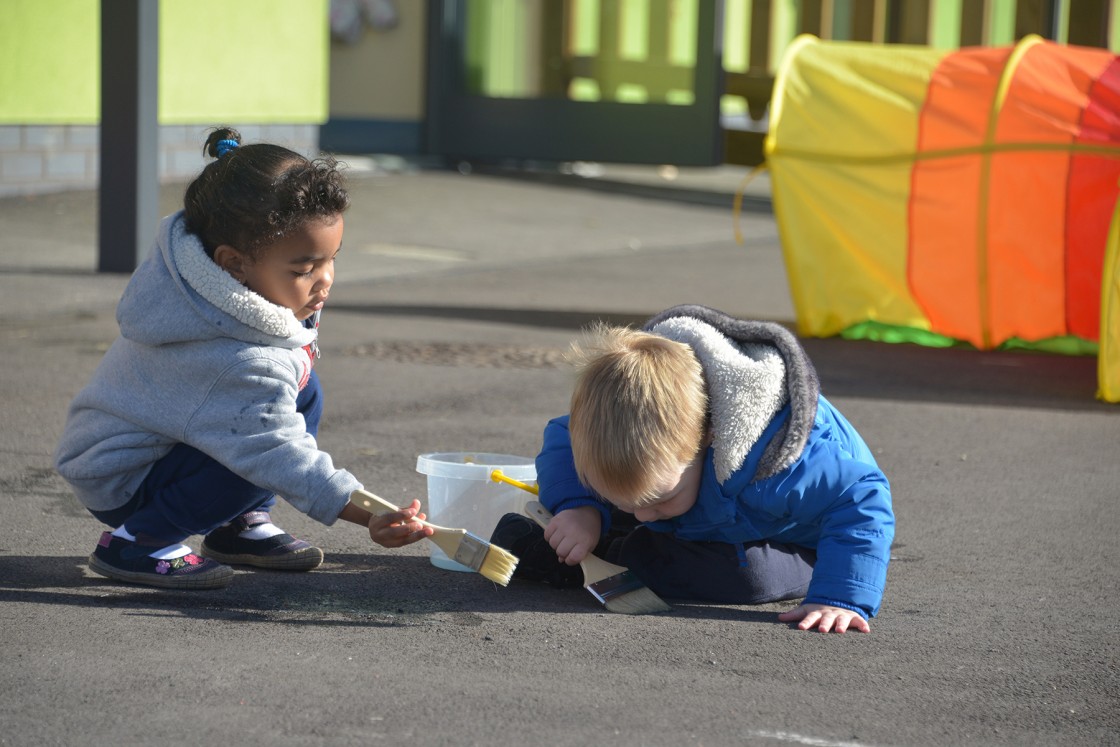- Home
- Key Info
- Our School
- Parents
- Calendar
- Early Years
- Teaching & Learning
- Clubs
- Ebor Academy Trust
- Contact Us
admin.shs@ebor.academy | 01757 616428
Toileting and Intimate Care (Tiny Steps)


Toileting and Intimate Care Policy 2021-2022 for Children in Tiny Steps
All children at Staynor Hall Community Primary Academy have the right to be safe and treated with dignity, respect and privacy at all times so as to enable them to access all aspects of the Early Years Foundation Stage.
The policy sets out clear principles and guidelines on supporting intimate care with specific reference to toileting. It should be considered in line with our Safeguarding Policy, Health and Safety Policies, and Administering of Medicines Policy.
This policy supports the safeguarding and welfare requirements of the Early Years Foundation Stage (2014) and the Disability Discrimination Act 2005.
Staynor Hall Community Primary Academy will ensure that:
- No child’s physical, mental or sensory impairment will have an adverse effect on their ability to take part in day to day activities.
- No child with a named condition that affects personal development will be discriminated against.
- No child who is delayed in achieving continence will be refused admission.
- No child will be sent home or have to wait for their parents/carer due to incontinence.
- Adjustments will be made for any child who has delayed incontinence.
Intimate Care Tasks
Cover any tasks that involves the dressing and undressing, washing including intimate parts, helping someone use the toilet, changing nappies, or carrying out a procedure that requires direct or indirect contact to an intimate personal area.
Partnership with Parents/Carers
Staff at Staynor Hall Community Primary Academy will work in partnership with parents/carers to provide care appropriate to the needs of the individual child and together will produce a care plan.
The care plan will set out:
- What care is required
- Number of staff needed to carry out the task (if more than one person is required, reason will be documented)
- Additional equipment required
- Child’s preferred means of communication (e.g. visual, verbal). Agree terminology for parts of the body and bodily functions.
- Child’ level of ability i.e. what tasks they are able to do by themselves
- Acknowledge and respect for any cultural or religious sensitivities related to aspects of intimate care
- Be regularly monitored and reviewed in accordance with the child’s development
Parents/Carers are asked to supply the following:
- Spare nappies
- Wipes and creams
- Spare clothes
- Spare underwear
Best Practice
When intimate care is given, the member of will staff will fully explain each task that is carried out, and the reason for it. Staff will encourage children to do as much for themselves as they can and provide lots of praise and encouragement so that the child is able to achieve.
All staff working in early years settings will have a DBS check.
Particular staff members are identified to change a child with known needs and they will plan and record their work with that child.
Safeguarding
Staff are trained on the signs and symptoms of child abuse which is in line with North Yorkshire Safeguarding Children’s Board guidelines and are aware of the DFESS booklet ‘What to do if you think a child is being abused.’ They will follow the guidelines given.
If a member of staff is concerned about any physical or emotional changes, such as marks, bruises, soreness, distress, etc they will inform the Designated Safeguarding Lead (DSL) immediately. The Safeguarding Policy will then be implemented.
Should a child become unhappy about being cared for by a particular member of staff, the DSL/Manager/Key person will look into the situation and record any findings. These will be discussed with the child’s parents/carers in order to resolve the problem. If necessary the DSL/Manager/Key person will seek advice from other agencies.
If a child makes an allegation against a member of staff, the procedures set out in the Safeguarding Policy will be followed.
 BBC News – Education
BBC News – Education
- Schoolchildren become market traders for the day"Don't be shy, give us a try" - children have a go at market lingo as they sell goods for charity.
- Blanket highlighting school exclusion unveiledThe blanket is made of 2,999 pieces of fabric and is set to tour England to raise awareness.



